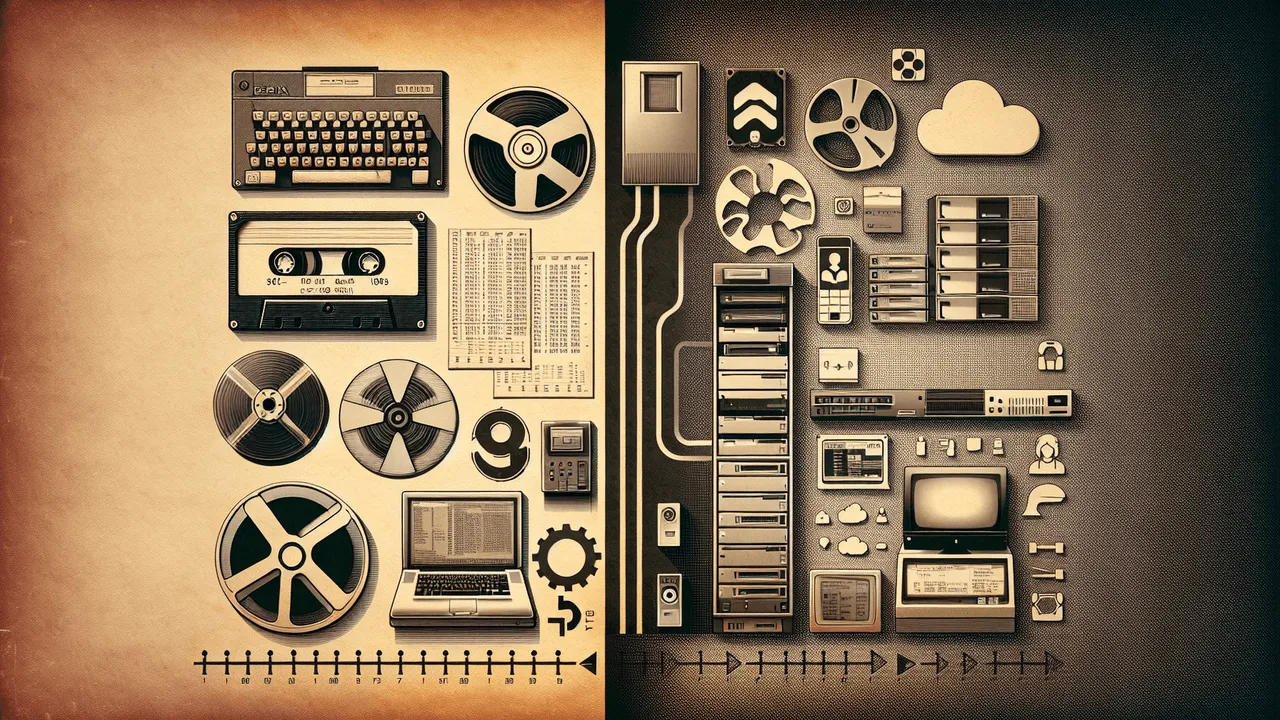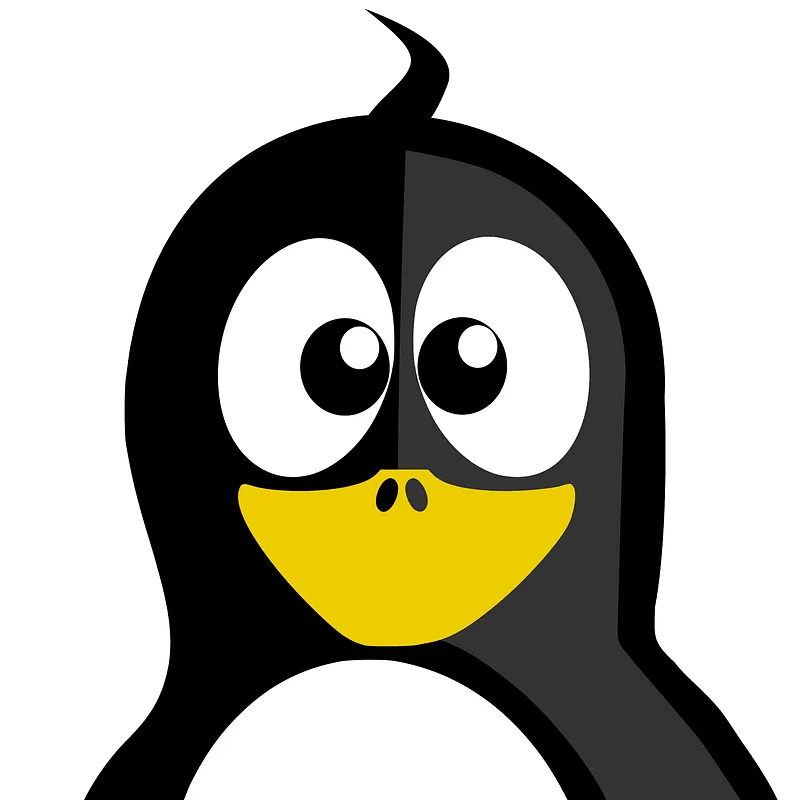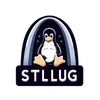March 13, 2024 Meetup
St. Louis Unix Users Group

The History of Computing since 1968
Presented By: Scott Granneman
Scott Granneman is going to break it down into decades. So, why talk about all that old stuff? To understand 'how we got here.' is how all historians will point out that you want to know the history. What were the problems that we were trying to solve? We are living with the solutions...and the new problems caused by those solutions, so we should understand what was being attempted.
Back in January, Ed Howland told us about the 'History of The Unix Shell.' And, we learned the above usefulness of history.
So, Scott will give us the decade by decade description of the important events & inventions in computing. And you can understand what they have influenced it your problems today.
Back then, computers ran on punch cards and reel-to-reel tape. A five megabyte hard drive was the size of today's dishwasher. Mini-computers were the size of a deep freeze. Things changed.
Spread the word

@KernelContributor • 8h ago
📅 Mark your calendars for 2024-03-13! Scott Granneman will present 'The History of Computing since 1968' at SLUUG's virtual meeting. Discover the pivotal moments that shaped modern tech! #ComputingHistory #FOSS #SLUUG https://www.meetup.com/saint-louis-unix-users-group/events/299368303/
Upgrading 2 releases of Debian on web/email server. Part 2
Presented By: Lee Lammert
Lee_Lammert et al. will discuss more of 'how to plan' an upgrade thru 2 major rels of the Debian OS on our web/mail server as well as your system! What need be considered and planned in OUR particular case? But also, what does the discipline of doing this planning show all of our members 'HOW TO PLAN' such an effort on their own systems? IE systems that may be MULTI-USER? ...systems that should have high availability & high uptime? IE you can NOT just 'be down' until this 'kinda works'!
Last month we outlined some of the work we planned for updating BOCK ( our web and mail server ). This will be about the next phase in our transition from Debian 10 to Debian 11 base line.
Spread the word

@SophisticatedSudoer • 4h ago
🚀 Exciting news! Join us on 2024-03-13 as Lee Lammert dives into 'Upgrading 2 releases of Debian on web/email server. Part 2'! Learn essential planning tips for seamless upgrades 🖥️📧 #Debian #Upgrade #Linux @SLUUG_Org https://www.meetup.com/saint-louis-unix-users-group/events/299368303/
Meeting Agenda
At 6:00p.m. Central Time the meeting opens. Participants are encouraged to join at this time to if they need to test their microphone, screen sharing, and video camera.
At 6:30p.m. Central Time we begin with our BASE presentation. The BASE presentation is intended to be an introductory level session ( often focused on personal computing ); which may include either amazing graphical packages, blinking lights, command line wonders, demonstrations of useful applications, displays of newly discovered web sites, major resolution of long standing anomalies, quantum discoveries, smoke and mirrors, superb tutorials, or shifts in both time and space.
At 7:00p.m. Central Time we attempt a quick welcome, introductions, announcements, current events of interest, and a general CALL FOR HELP (Questions and Answers) segment.
At 7:15p.m. Central Time the MAIN presentation begins. The MAIN presentation is intended to be something more advanced, detailed, important, new, profound, significant, timely or useful and is often focused on enterprise computing.


